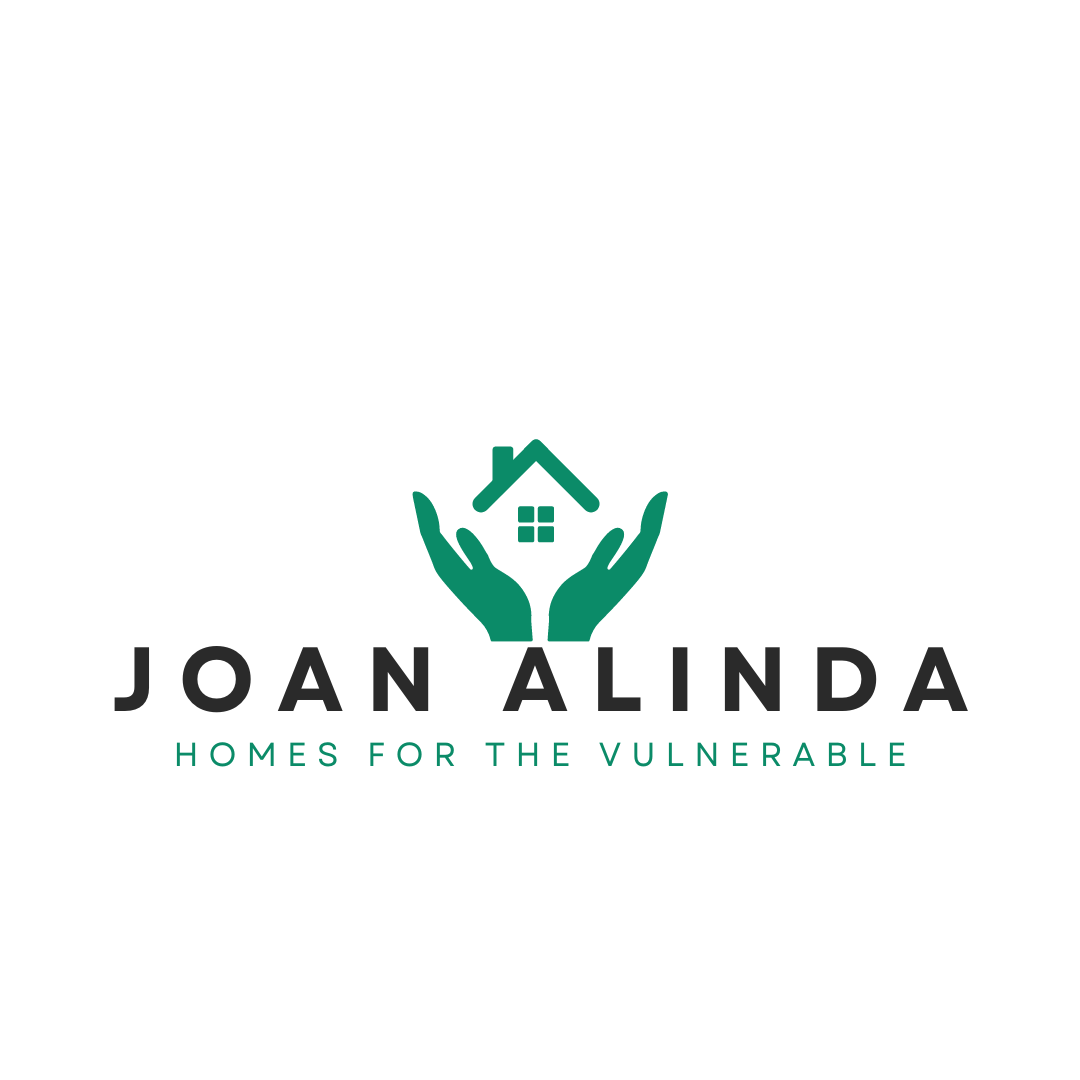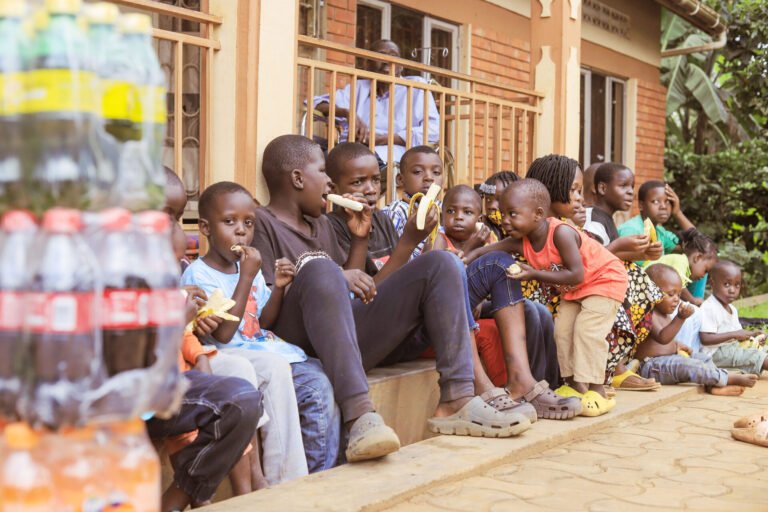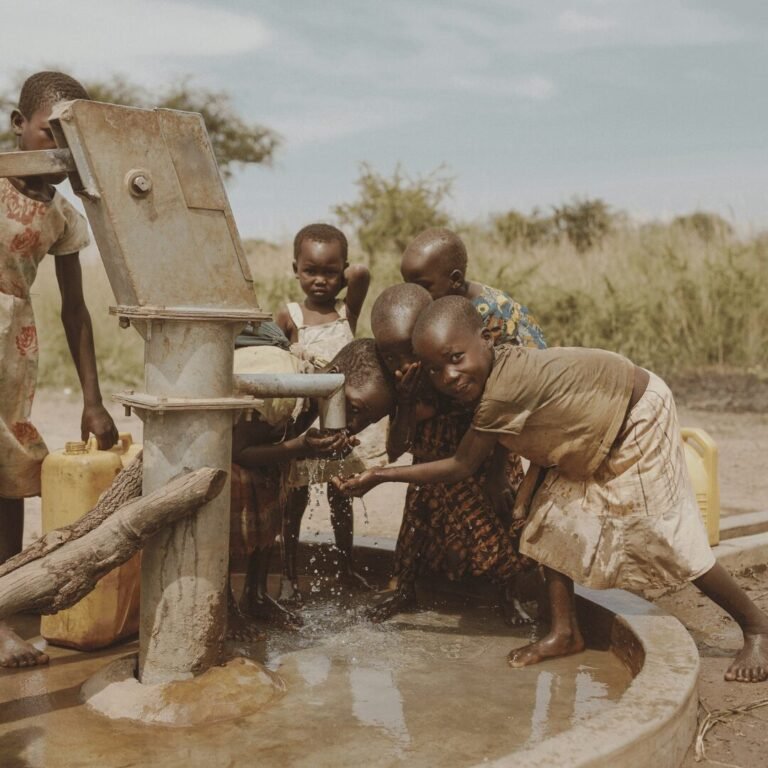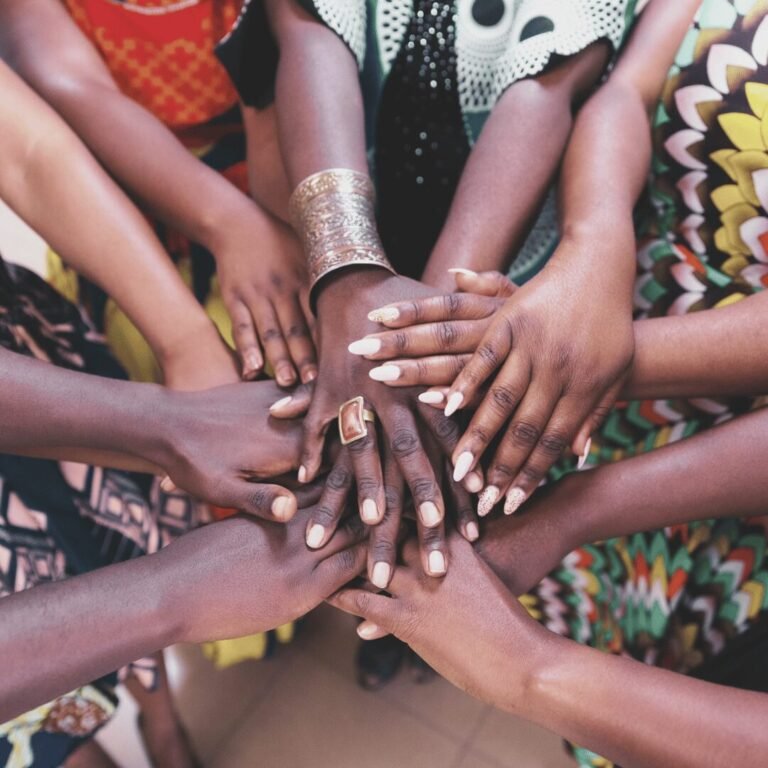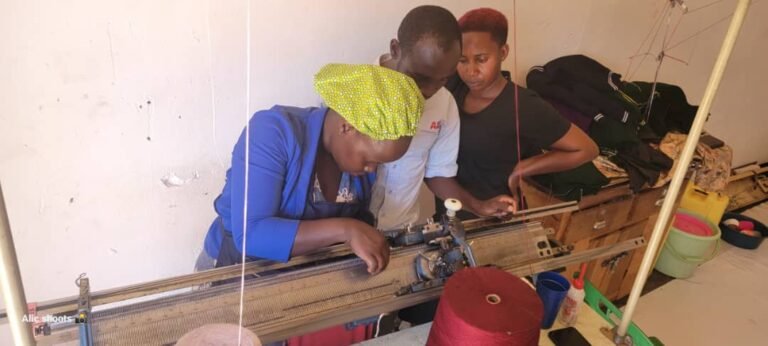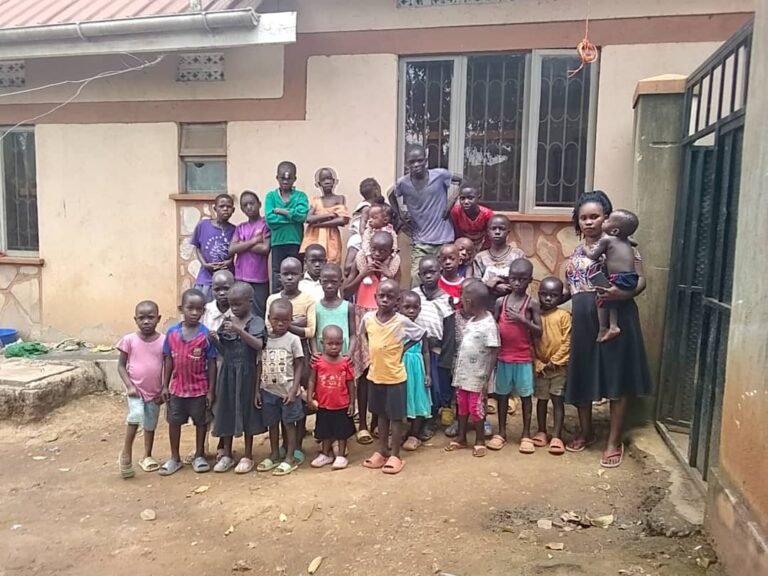Beyond the Classroom: The True Essence of Education
Education is often perceived as a structured system confined to the four walls of a classroom, revolving around grades, curricula, and examinations. However, true education goes beyond formal schooling. It encompasses life experiences, moral values, emotional intelligence, and practical skills that prepare individuals for real-world challenges.
As George Santayana wisely put it, “A child educated only at school is an uneducated child.”
The Classroom: A Foundation, Not the Entire Framework

Classrooms provide essential knowledge, discipline, and structure that help children grasp fundamental concepts in subjects such as mathematics, science, language, and history. They also instill a sense of routine and accountability. However, limiting education to classrooms alone creates an imbalance. Children need holistic development to thrive in the real world, which is why education should extend beyond school boundaries.
Learning Beyond the Classroom: The Key to Holistic Growth
1. Practical Knowledge Matters
While theoretical knowledge is important, real-life application is what truly reinforces learning. Children should be encouraged to apply classroom knowledge to everyday situations.
📌 Example: A child learning about financial literacy in school may grasp the concept of saving, but without practical application—such as handling pocket money or participating in small family budgeting—they may not develop sound financial habits.
Encouraging children to participate in home-based learning activities, entrepreneurship, and real-life problem-solving scenarios fosters creativity and adaptability.
2. Emotional Intelligence and Character Building
Emotional intelligence (EQ) is just as important as intellectual intelligence (IQ). Children should be taught how to manage emotions, show empathy, and interact positively with others.
📌 Scenario: A student excelling academically but lacking emotional intelligence may struggle with teamwork, conflict resolution, or leadership. In contrast, a child taught patience, kindness, and resilience at home and in social settings will likely thrive in both personal and professional relationships.
3. Parents and Communities Play a Role
A child’s first classroom is the home, and parents are their first teachers. Families and communities shape a child’s worldview, values, and habits through daily interactions.
📌 Example: A child taught responsibility at home—such as taking care of pets, helping with chores, or volunteering in community programs—learns the importance of accountability and teamwork. Schools may teach responsibility in theory, but real-life practice at home solidifies the concept.
Similarly, mentorship from community leaders, workshops, and extracurricular activities provide learning opportunities beyond textbooks.
4. Experience is the Best Teacher
Learning happens when children engage with the world around them. Exposure to different cultures, real-world challenges, and hands-on activities fosters adaptability and broadens perspectives.
📌 Scenario: A history lesson on ancient civilizations may be more impactful if children visit museums or participate in interactive storytelling. A geography lesson on ecosystems becomes more meaningful when children go on nature walks or engage in conservation activities.
Travel, internships, apprenticeships, and interactive learning experiences help students develop problem-solving skills, independence, and resilience—traits that are crucial for success in adulthood.

Striking a Balance: Integrating Formal and Informal Education
To raise well-rounded individuals, we must create a balanced approach that integrates formal education with practical, emotional, and social learning. Schools, parents, and communities must work together to:
✅ Encourage critical thinking and creativity, rather than rote memorization.
✅ Promote social skills, emotional intelligence, and character building.
✅ Provide experiential learning opportunities such as travel, cultural exchange, and hands-on projects.
✅ Involve children in household responsibilities and real-life decision-making processes.
✅ Support extracurricular activities, community service, and vocational training.
Conclusion
Education is a lifelong journey that extends far beyond the classroom. While schools lay the groundwork, real learning happens through life experiences, family guidance, and community engagement. By embracing a holistic approach to education, we can equip children not just with academic knowledge, but with the wisdom, skills, and resilience needed to thrive in an ever-changing world.
At Joan Alinda Homes For the Vulnerable, we help children understand how the world works. To support our work, visit Joan Alinda Homes.

